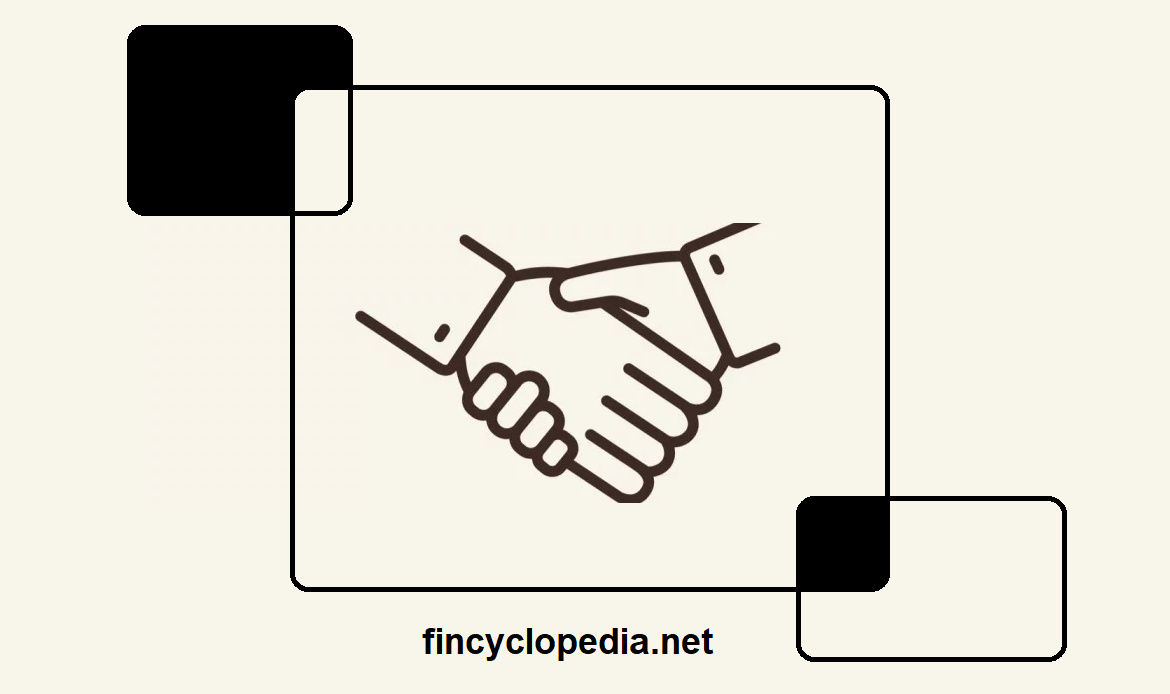A loan that is guaranteed by collateral and therefore has often lower interest rates than otherwise an identical, but unsecured, loan. An example of a secured loan is a mortgage loan which is automatically guaranteed by the real estate property being financed through the loan. The creditor extending a secured loan can be relieved of the credit risks associated with lending money, in view of its ability and right to take the property in the event of no repayment by the debtor.
In the event that the borrower does default, the creditor can take possession of the collateralized asset and dispose of it to redeem some or all of the amount originally lent to the asset’s owner. If the sale proceeds are not enough to pay off the debt, the creditor can often refer the case to a court of law which would issue a deficiency judgment against the borrower for the remaining amount. This also allows debtors to receive loans on more favorable terms with respect to unsecured debt.



